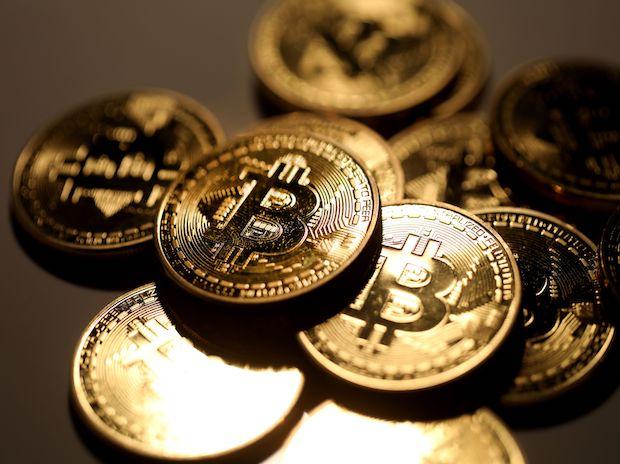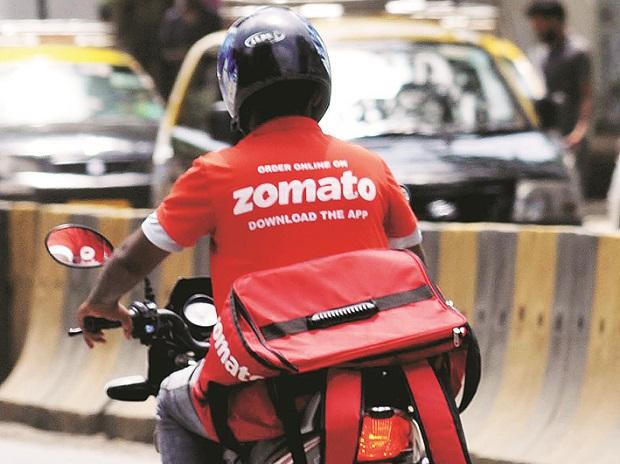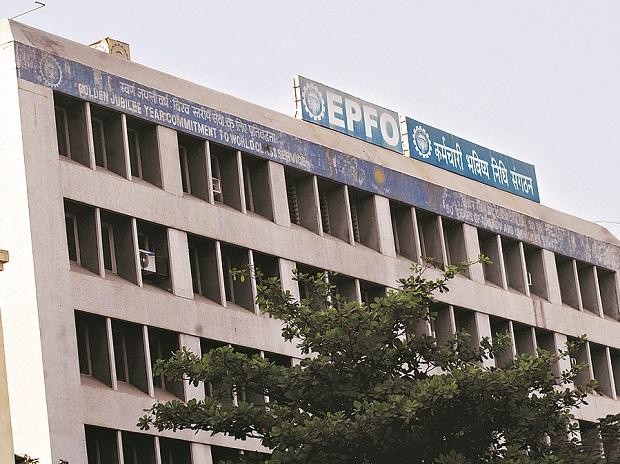Russia has successfully launched its first satellite to monitor the Arctic's climate and environment, the country's space corporation Roscosmos said in a statement

Russia has successfully launched its first satellite to monitor the Arctic's climate and environment, the country's space corporation Roscosmos said in a statement.
A Soyuz-2.1b carrier rocket with the "Arktika-M" satellite onboard blasted off from the Baikonur Cosmodrome in Kazakhstan at 9.55 a.m. on Sunday, Roscosmos said.
The Arktika-M spacecraft was delivered to orbit at 12.14 p.m., Xinhua news agency quoted the space corporation as further saying in the statement.
The creation of a satellite system in highly elliptical orbits is necessary for information collection to solve operational meteorology and hydrology problems, and monitoring the climate and environment in the Arctic region, it said.
The Arktika-M will provide round-the-clock continuous monitoring of the northern territory of Russia and the seas of the Arctic Ocean, Roscosmos added.
The satellite will be able to transmit overview images of the Earth's northern polar region and the adjacent areas at least every 15-30 minutes.












































